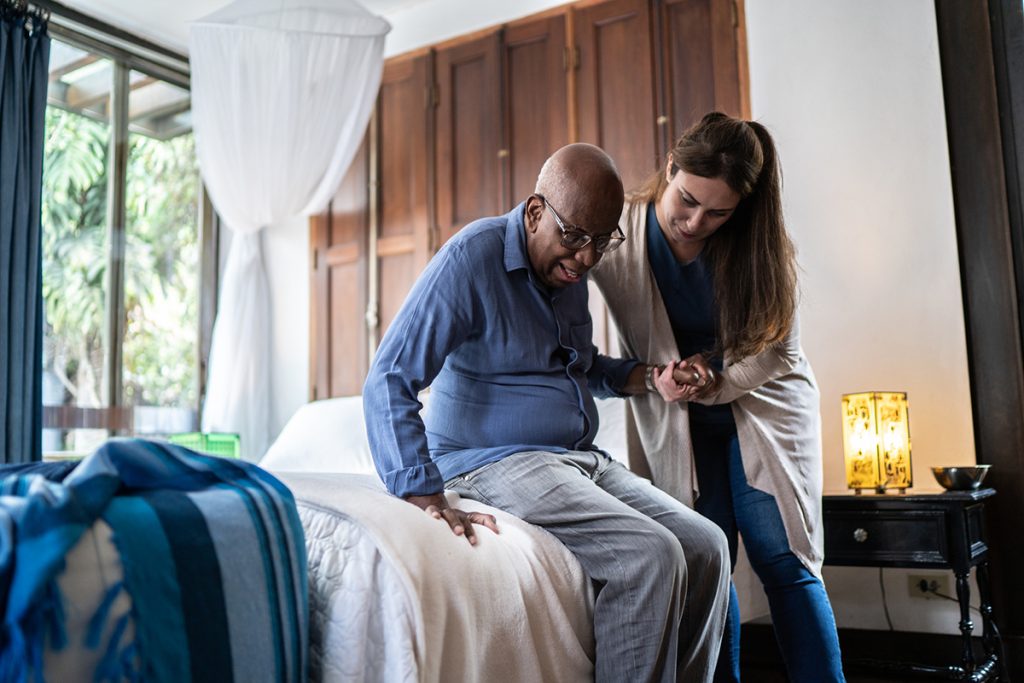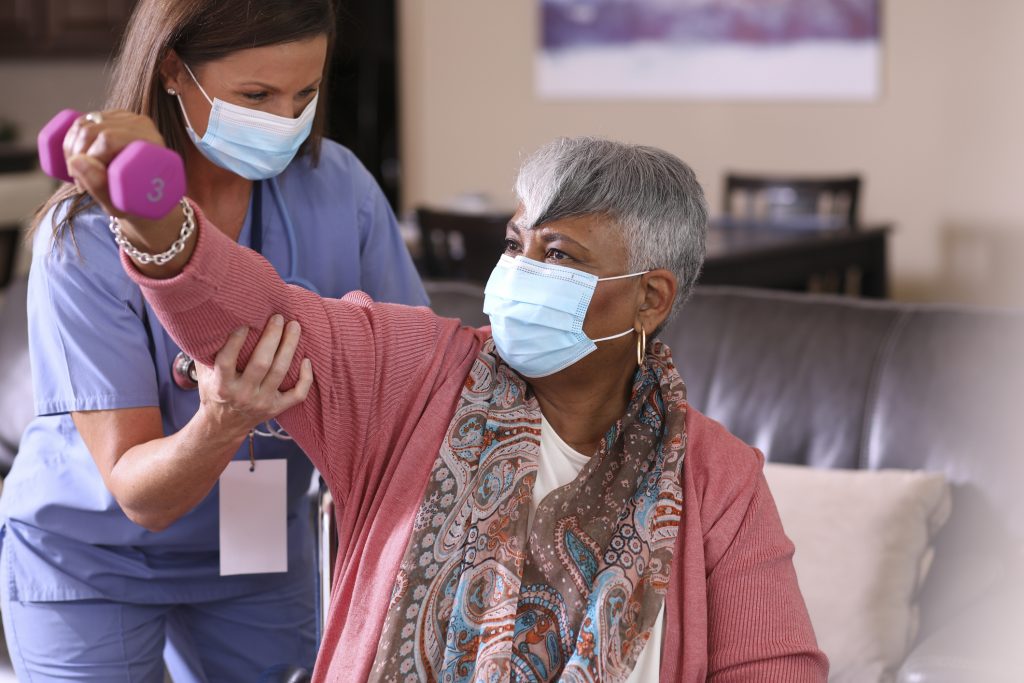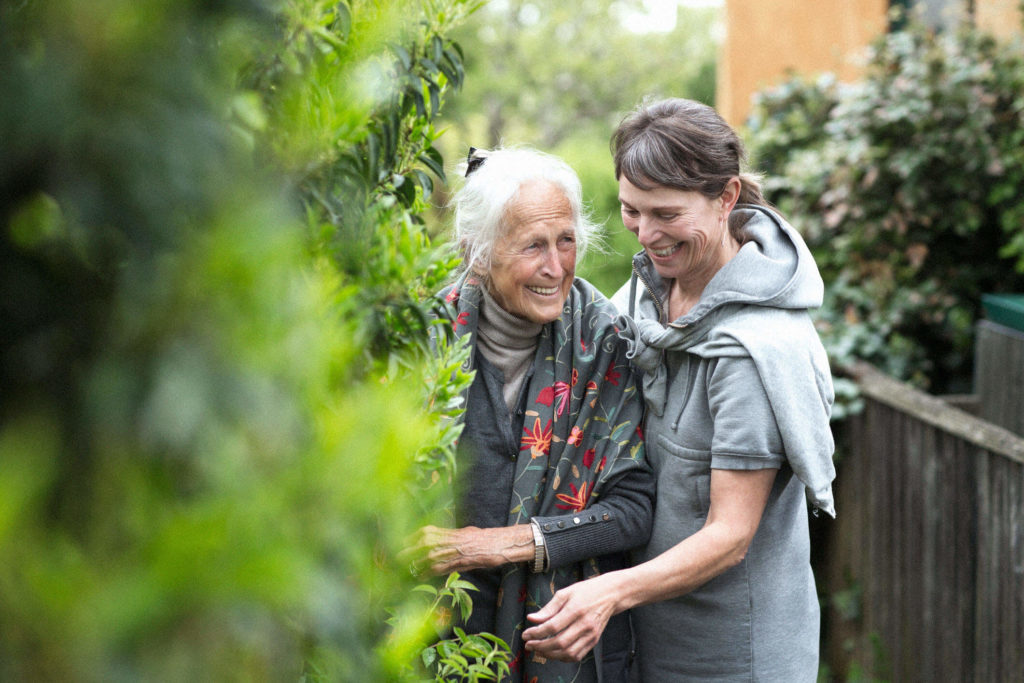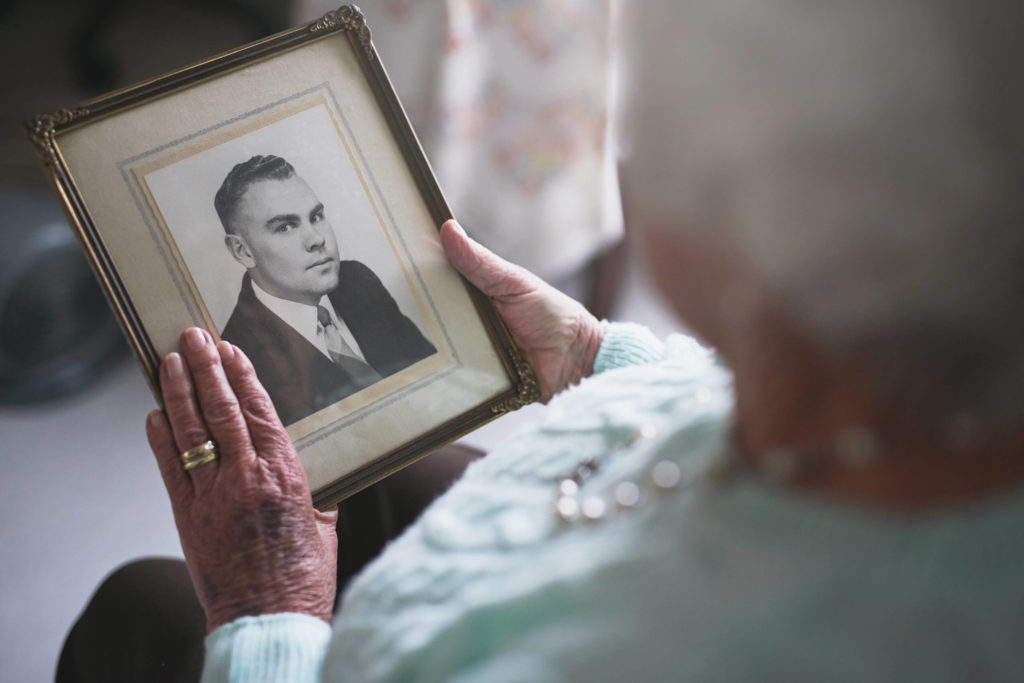Blog
Hospice innovation points to a world where hospice care is a “carve-in” to Medicare Advantage (MA) plans, rather than carved out as a separate benefit provided by Medicare-certified hospices, as it is currently.
For hospice and palliative care clinicians, pain management is an essential responsibility in managing the symptoms of serious illnesses. But the unabated tragedy of prescription opioid misuse and overdoses requires close attention. Incorporating mitigating approaches into palliative care training is critical.
Interest in the hospital at home concept has gained momentum as health systems, the Veterans Administration, and managed care organizations are testing the approach for treating seriously ill adults in a more familiar and comfortable setting.
In recent years, Physician Orders for Life-Sustaining Treatment (POLST) has become almost a routine part of the health care system, and it continues to spread and become standardized as more states work to ensure portability, across settings and state lines, through electronic registries.
As the world re-emerges from the coronavirus pandemic, health care advocates work to remove barriers to advance care planning, expand completions of advance directives, and ensure interoperability for advance directives in electronic health records (EHRs).
Hospice and palliative care nurses play an important role in understanding the care needs of LGBT patients, honoring their journey, and promoting awareness and inclusivity within the inter-disciplinary team.
For hospices and home health agencies, home health aides are vital members of the care team. But in other models of home and community-based care, their roles may be less clear. Offering them meaningful career development opportunities can go a long way in helping to address disparities in palliative care.
Before COVID hit, Resolution Care Network – a telemedicine palliative care service in Eureka, Calif. – employed community health workers (CHWs) as an extension of its interdisciplinary palliative care team. They were the agency’s feet on the ground, its eyes and ears in the field, said CEO Michael Fratkin, MD.
More than a year into the pandemic, we now have data on the disproportionate devastation wrought upon racial and ethnic minority groups across our country.
The role of PAs in hospice and palliative care has been advancing over the past several years and is poised to keep growing, a great step in expanding access to palliative care to people who need it.
Interest in palliative care appears to have grown during the pandemic, but one sector still lags: rural communities. The challenges in rural care delivery are significant, but so is the need, experts say.
Discussing and documenting your healthcare wishes doesn’t always guarantee you’ll get the kind of care you want, yet there is undeniable value in having those conversations, says our Executive Director Jennifer Moore Ballentine.
Social worker Nicole Perry, author of our Building Healthy Boundaries eBook, reflects on all she’s learned from patients, families, and palliative care colleagues against the backdrop of serious illness.
Palliative care experts are hopeful the COVID crisis may be waning, but remain concerned about new variants, scarce healthcare resources, and the long-term effects of moral distress among healthcare workers.
As America’s death toll from COVID-19 climbs, experts say the pandemic has transformed the landscape of loss in ways that impact our collective experience of grief — and that we need a national response.
Experts agree expanding primary palliative care is crucial to effectively supporting the growing number of people living with serious illnesses.But getting buy-in from generalist clinicians has been challenging.
Medical cannabis continues to move into the mainstream across the United States, but in many places it’s a therapeutic option that patients with serious illnesses and their families must largely navigate on their own.
On December 21, two things will happen: It is the shortest day so the longest night of the year, and for the first time in 800 years, Jupiter and Saturn will align so closely in their orbits as to form a “double planet” when viewed from Earth.






















